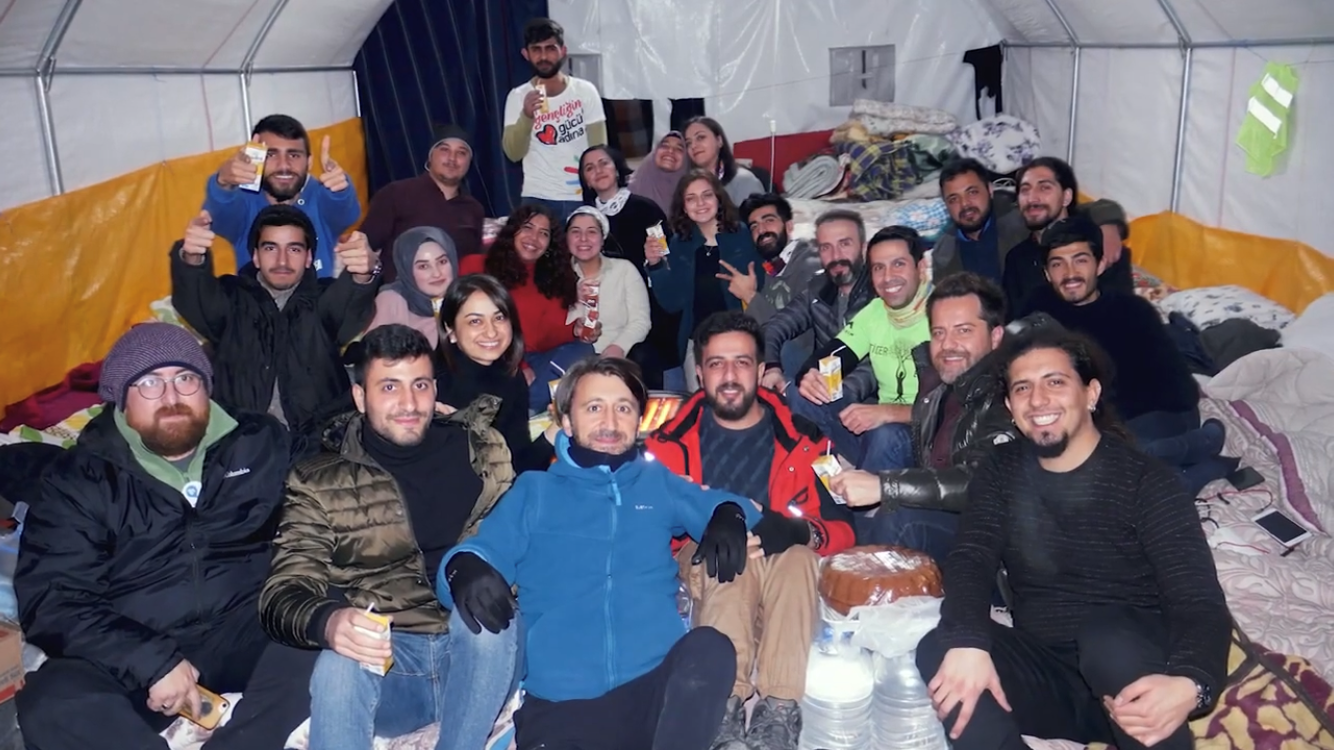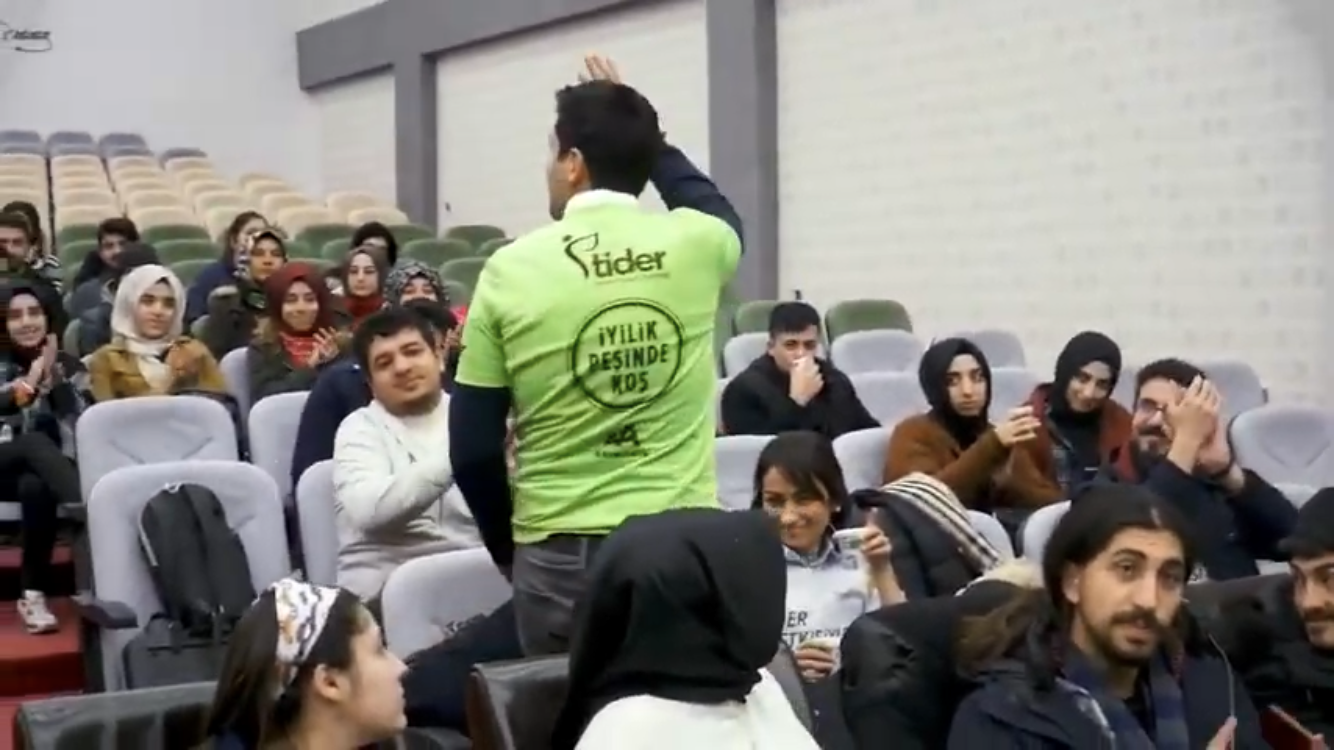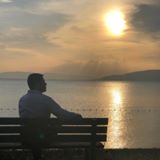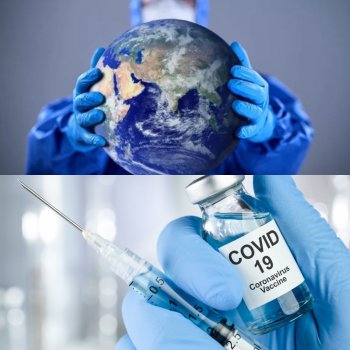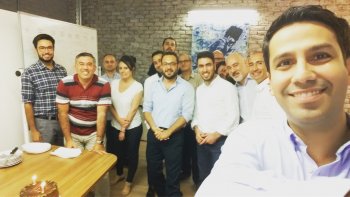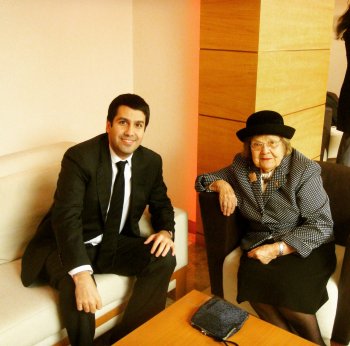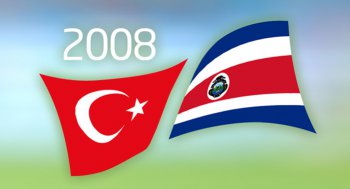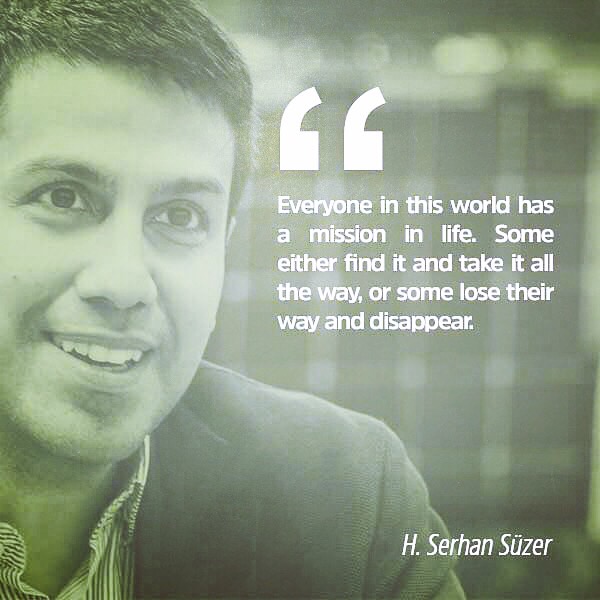A year on from the 1st anniversary of the Elazig Earthquake…
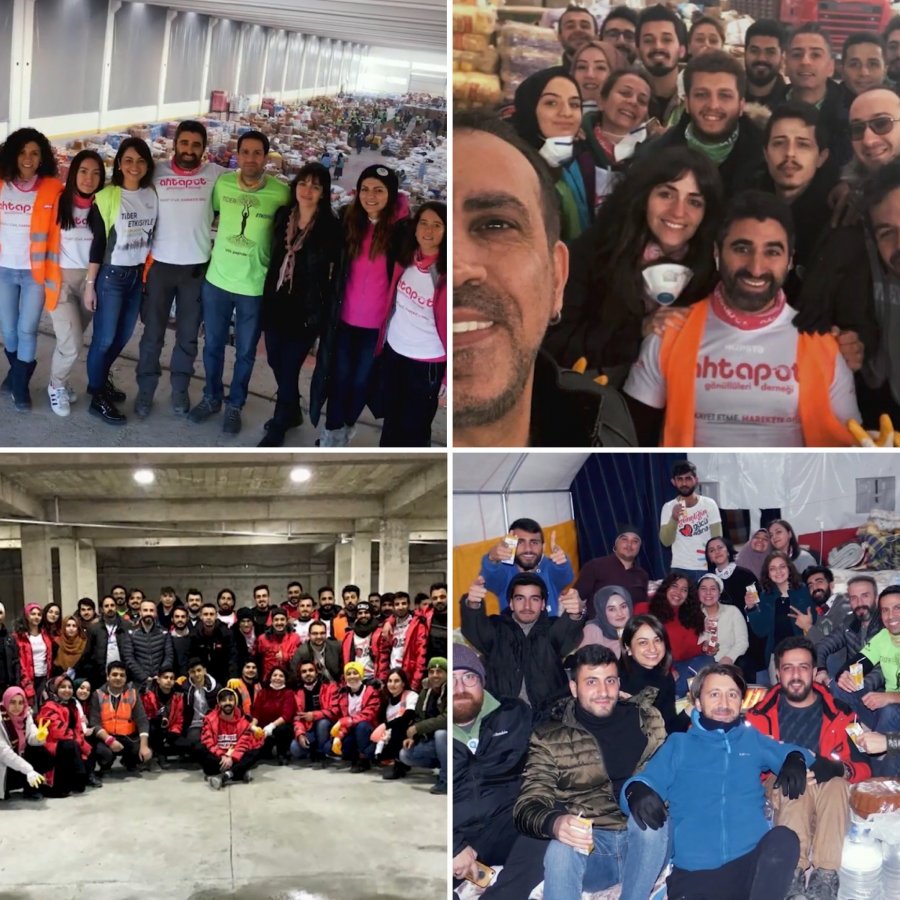
On the 24th of January last year, we established the Disaster Platform, which will play a critical role in disaster periods, and was created as a result of the joint action of NGOs running for help to the earthquake in Elazig. After Elazig, the Disaster Platform, which played an active role in the earthquake in Van, the refugee crisis in Edirne, the floods in Giresun and the earthquake in Izmir, has commenced important projects to be ready for disasters.
Without further ado, I would like to share our video that we prepared in order to make a note of history in the context of the 1st anniversary of the Elazig Earthquake. In this video, you can observe what we are doing in Elazig. I will be sharing some of the photos that appeared in the video in different parts of this article.
Last year, again at this time, I shared the blog post in which I explained in detail how we set up the Disaster Platform. You can read this article at the link:
https://www.serhansuzer.com/en/elazigda-bizim-stklar-tarih-yaziyor
A summary of the title
In this article, I briefly stated the following and then provided details about the title:
The beginning of the Disaster Platform dates back to the Elazig Earthquake. We came together with 8-10 NGOs in Elazig, both by communicating with each other and meeting some NGOs by chance.
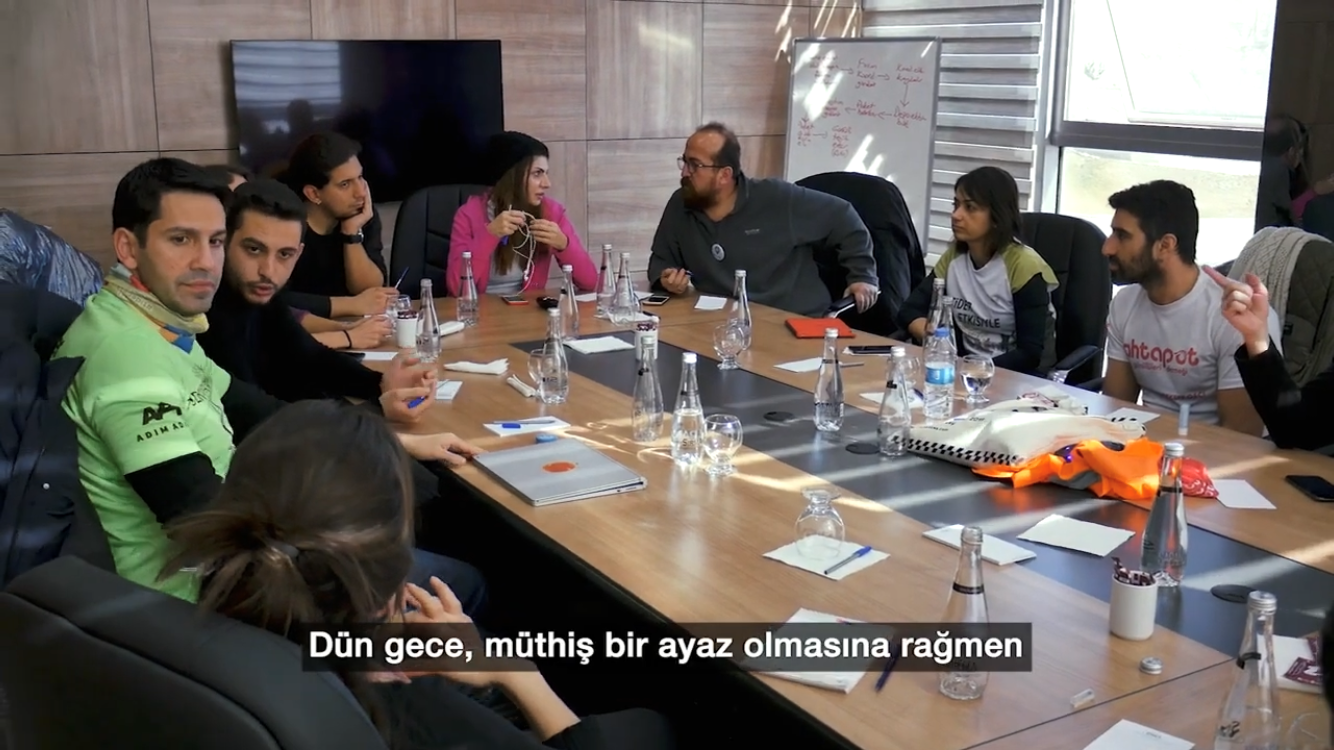
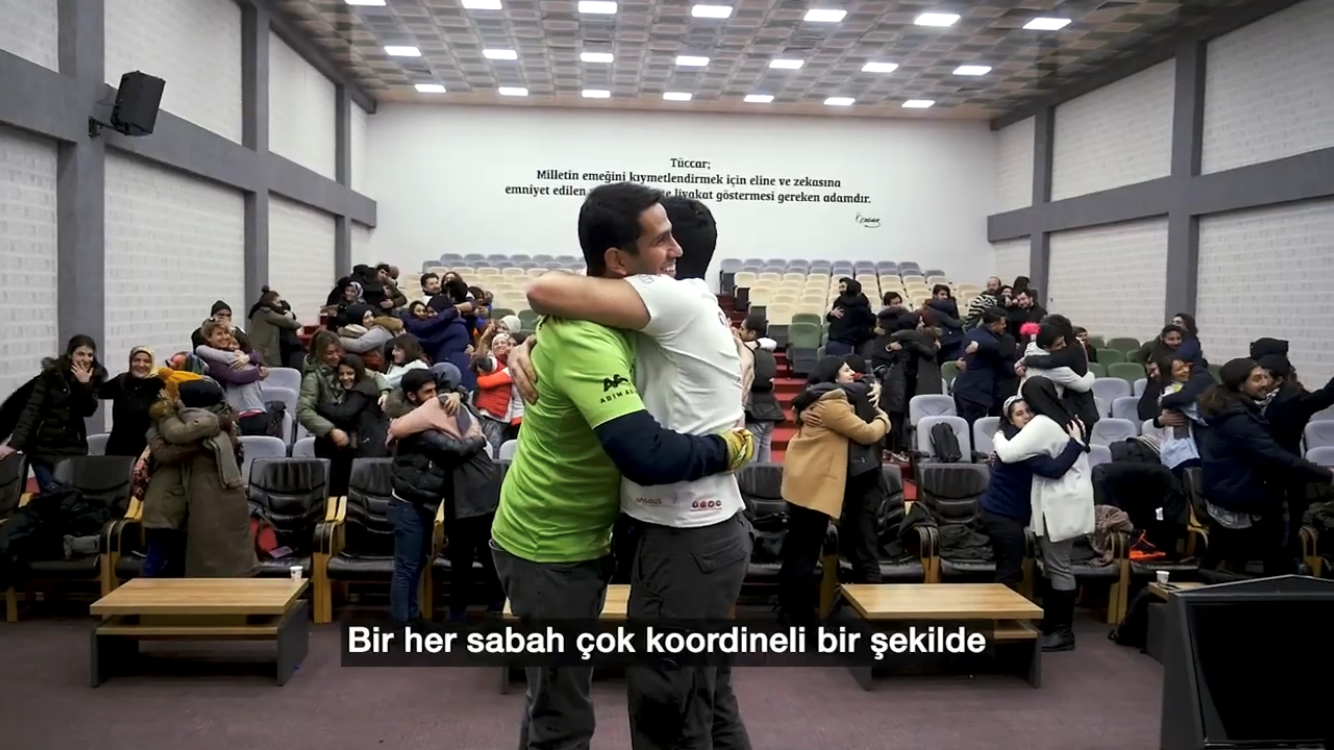
At the Elazig Chamber of Commerce, we first decided to have a meeting amongst ourselves and act together. The Chamber of Commerce supported us, opened the doors of their centres to us, and then allocated a warehouse. Then we went to meet with the Governor and the President of AFAD. We were accepted and started working. We made a great contribution to the rapid recovery of the acute period in the disaster in Elazig.
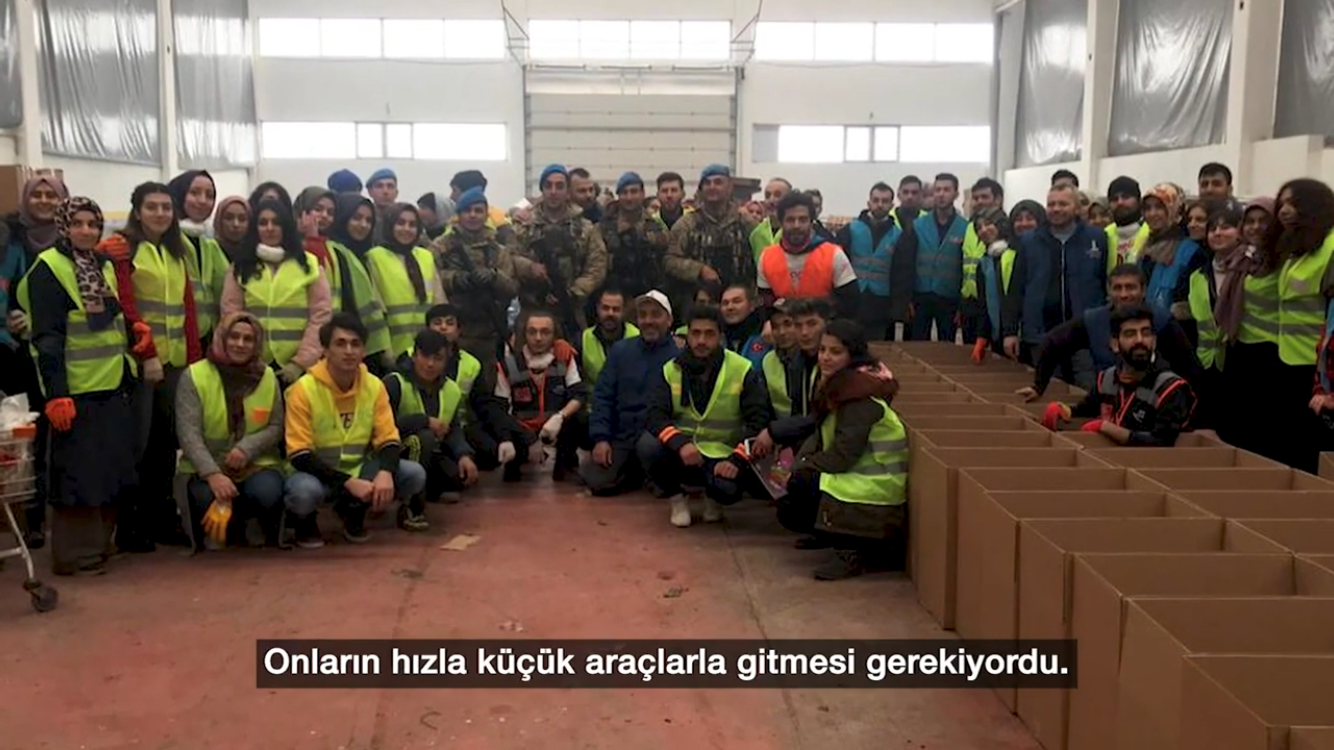
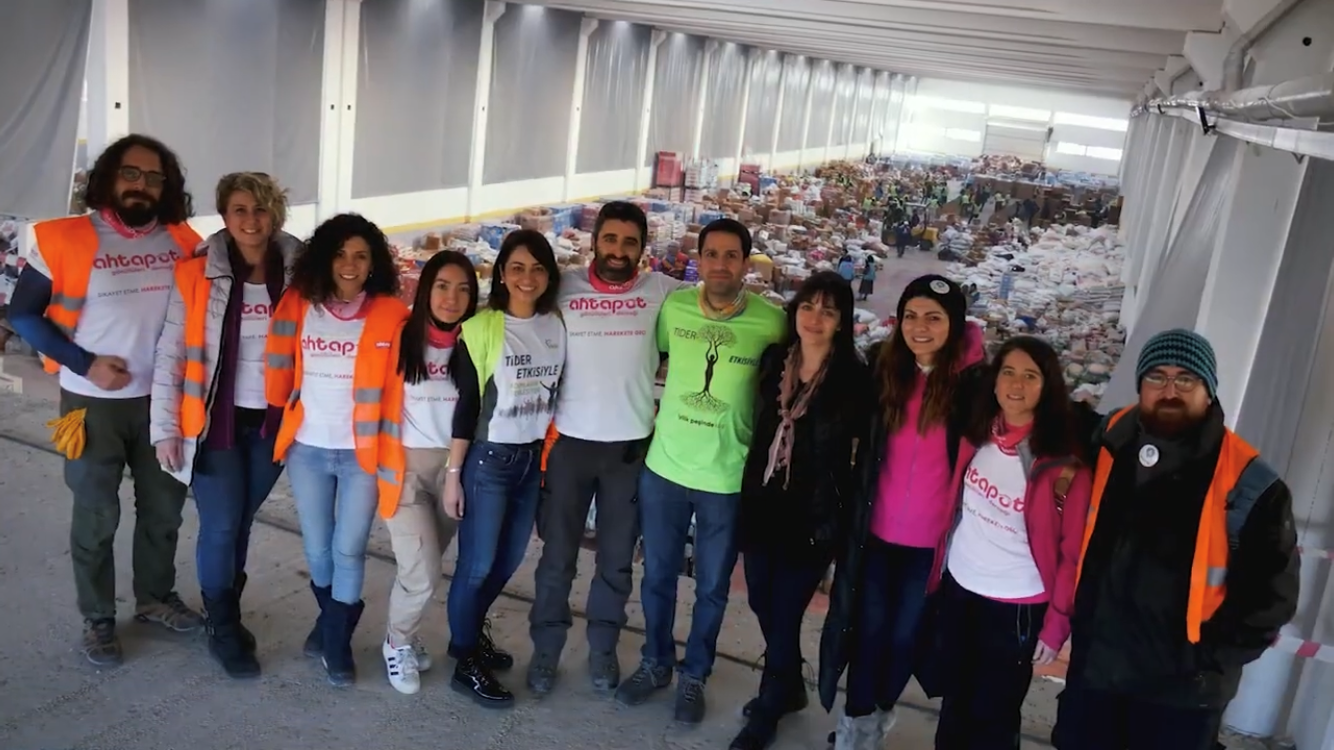
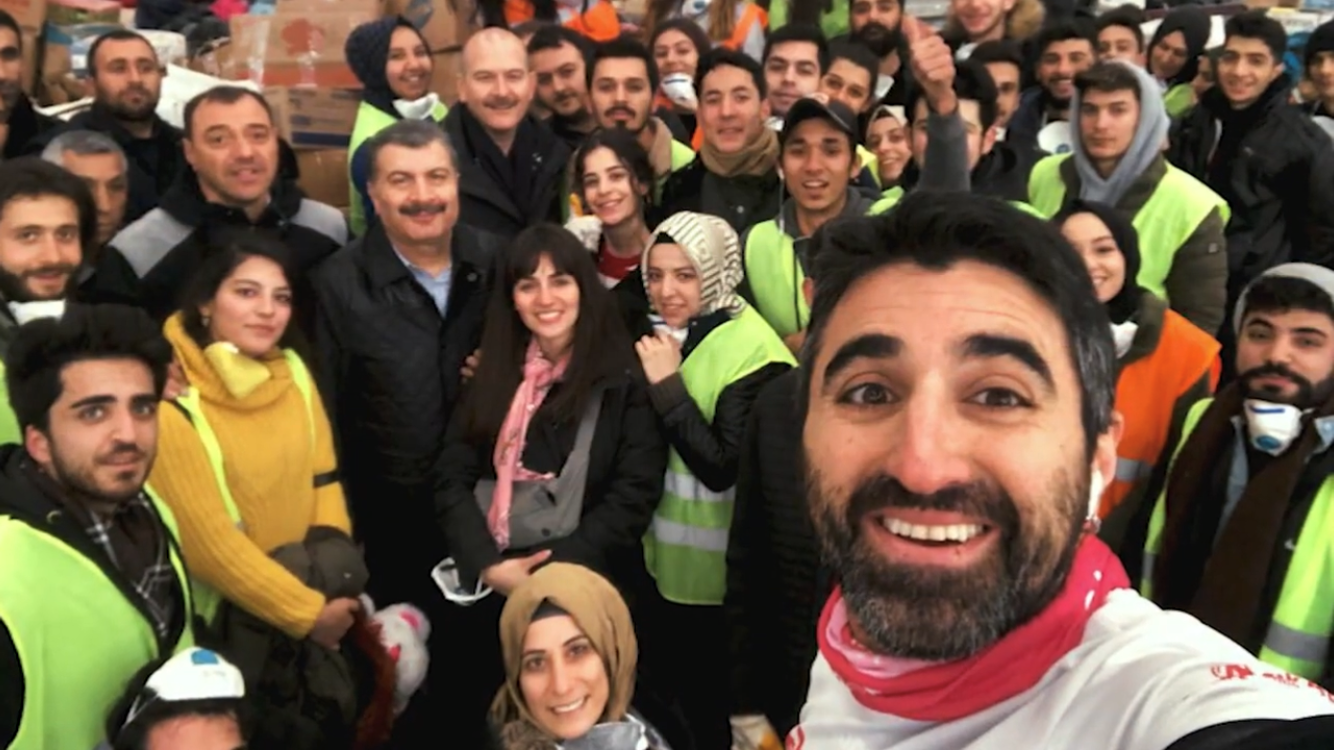
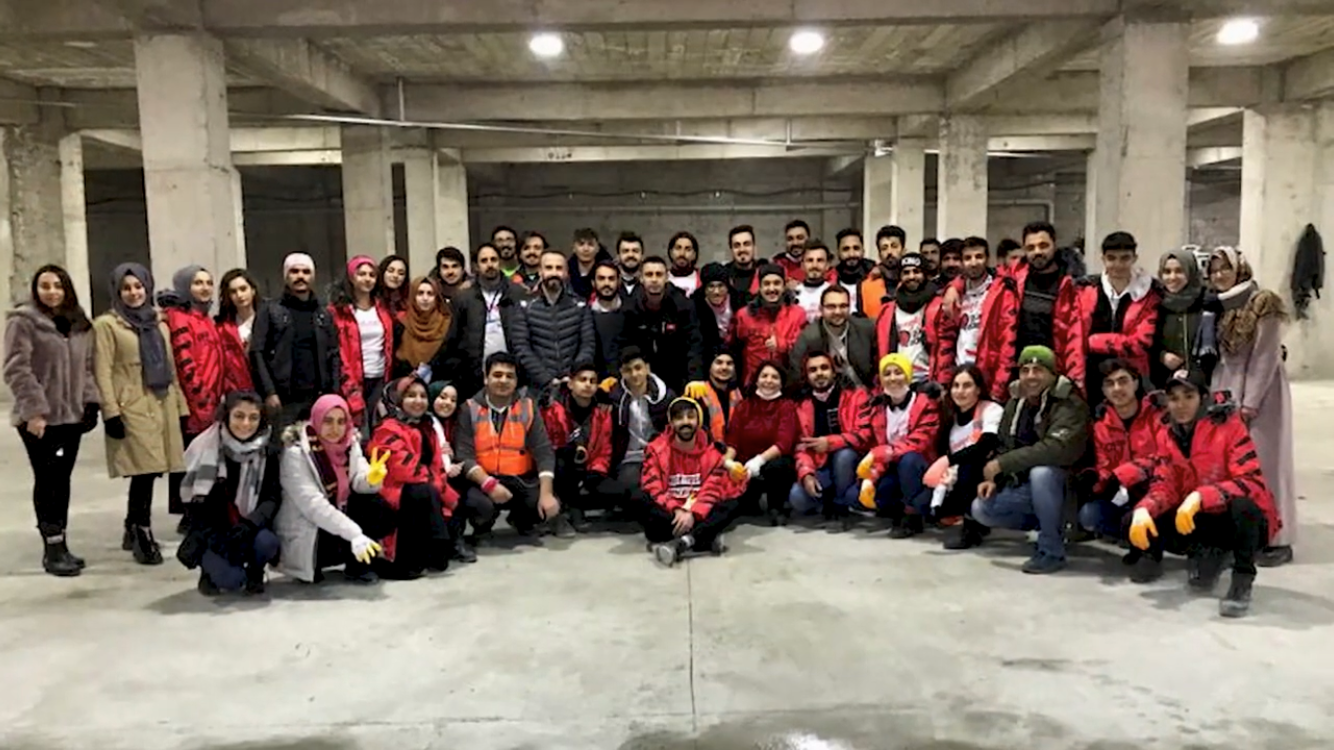
Following this first article, I wrote another article based on my experiences in Elazig, my observations, and a solution-based article with suggestions: https://www.serhansuzer.com/tr/deprem-degil-bina-oldurur
In this article, I listed the solution as follows and explained these items one by one:
1) Robust building solutions
2) New city designs
3) Real urban transformation
4) Engineer contractors
5) Planning a contemporary city
6) Disaster education
7) Building in the right place
8) The public showing effective initiative
9) Conducting audits without compromise
10) Support for R&D should increase
11) Education is a must
When the Izmir Earthquake happened, I quickly wrote an article titled “Once again, we are on duty in Izmir” from the earthquake region and announced that the Disaster Platform was actively involved in disaster management: https://www.serhansuzer.com/en/izmirde-bir-kez-daha-gorevimizin-basindayiz
After the acute period in Izmir where the handover took place, I wrote another article about what we did at the Izmir Earthquake: https://www.serhansuzer.com/en/afet-platformu-ve-izmir-depreminde-yaptiklarimiz
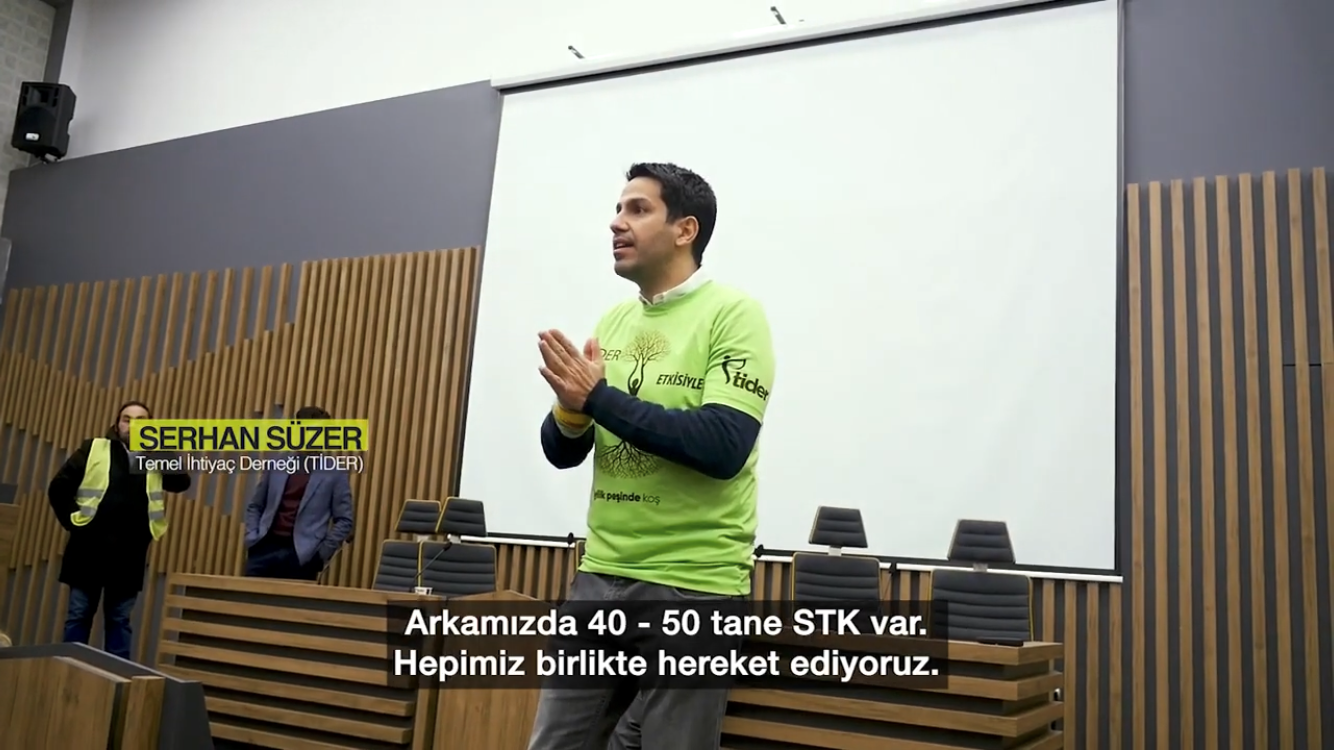
Critical preparatory projects
In this article, I also touched on the structure of the disaster platform and talked about our commissions. In summary, we have seven commissions in total on our platform: Governance, Preparedness, Membership, External Relations, Resource Development, Communications and the Crisis Desk. I can also mention the Executive Board, where the spokespersons of all these commissions and the term spokesperson carry out the execution.
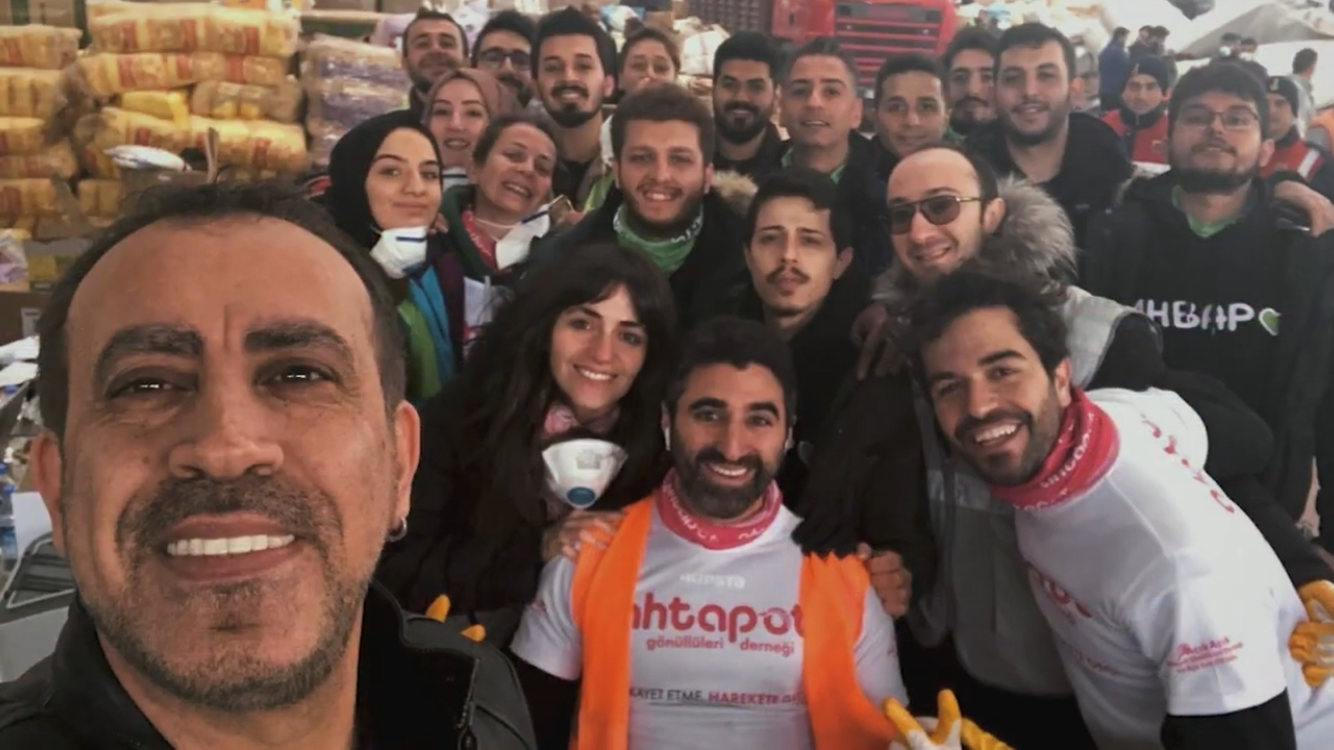
I can proudly announce to you that we have started various preparation projects since last year, apart from our active disaster management in Elazig, Van, Edirne, Giresun and Izmir. I have always said it, and I want to repeat it again: In order to minimize the loss of life and property and the psychological problems that may arise, the preparations we will develop during periods when we do not carry out active disaster management are very important. For this reason, we started the following projects as a disaster platform. I would like to share these projects with you with their summary scopes:
PROJECTS AND THEIR SCOPE
● Disaster Action Plan
Determining all the details of the process from obtaining all the information and taking control at the handover from the established organization when a disaster occurs in any destination in Turkia, setting all the rules and preparing the protocols.
● Standardization and Capacity Building
Determining the disaster management standards of NGOs operating in the field of search and rescue, needs analysis, humanitarian aid and psycho-social and ensuring that all NGOs acting within the scope of the Disaster Platform comply with these standards. (This project is related to the organization of capacity-building training for the employees of the Platform members. The Crisis Desk and Governance Commission especially focus on the training of volunteers on the common standards of the platform.)
● Risk and Risk Reduction Reports
Determining the risks of disasters (earthquake, flood, landslide, drought, epidemic, etc.) on the basis of provinces in Turkia and reporting the measures to be taken to reduce or eliminate these risks.
● First Responder Teams Project
A social responsibility project based on the creation of local teams of twenty people, who will take action as soon as the moment the earthquake ends in a possible disaster and respond first to the individuals affected by the disaster in their own neighbourhood until the professional search and rescue teams arrive in the region.
● Digital Tools
It is the creation of software that displays all kinds of up-to-date information and confirmed areas (assembly areas, etc.) on a single map that will provide shelter, nutrition, treatment and transportation for volunteers and institutions after the disaster to intervene with the individuals affected by the disaster and animals in need of assistance.
● Expert Network
It is the proposed project to make scientists, lawyers and individuals affected by disasters working in the field of disasters as stakeholders of the platform in order to benefit from their expertise and to maintain active communication. It covers up-to-date assessments, disaster awareness studies, workshops and public briefings with the Expert Network. The expert pillar of this project can be expanded: experts working on different disaster-related topics (meteorology, fault movements, energy systems, social services, medicine, etc.) can also be included. In addition, according to the needs of the field and the platform, events can be held in chat format with the experts in the network.
If we can achieve these 6 projects that are more important than each other, we will have taken very important steps in minimizing the negative effects of disasters. I sincerely thank all
our NGO brothers and sisters who are members of the Disaster Platform that will carry out the above projects and even more, for all their extraordinary efforts so far and in the future.
We will continue to contribute to humanity, homeland and nation. Our future is bright.
